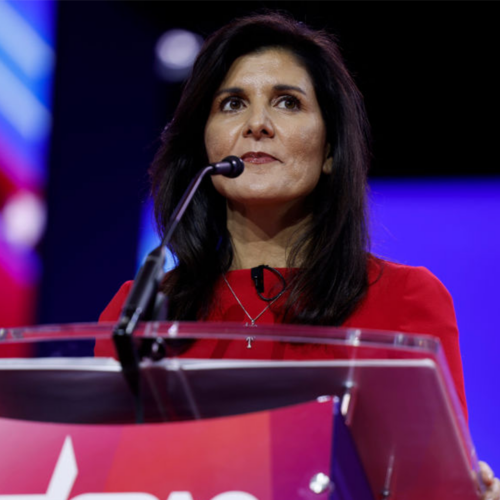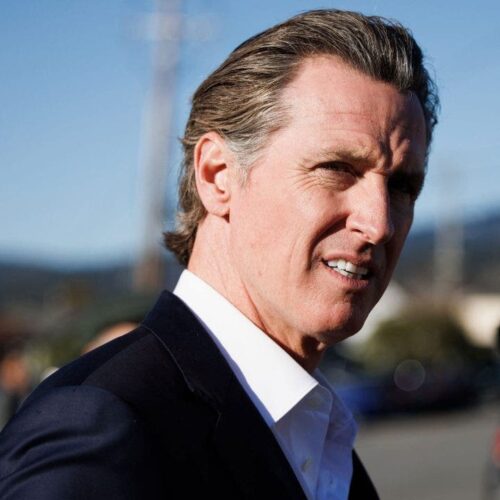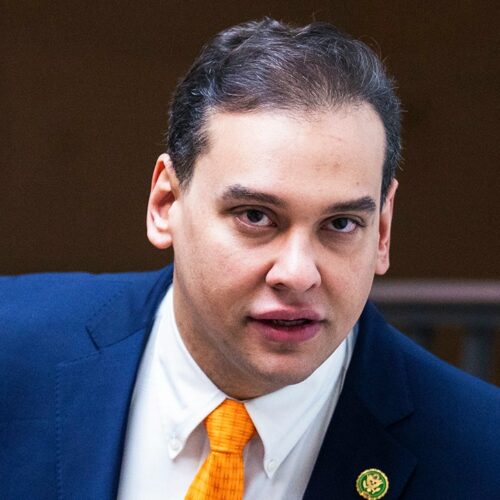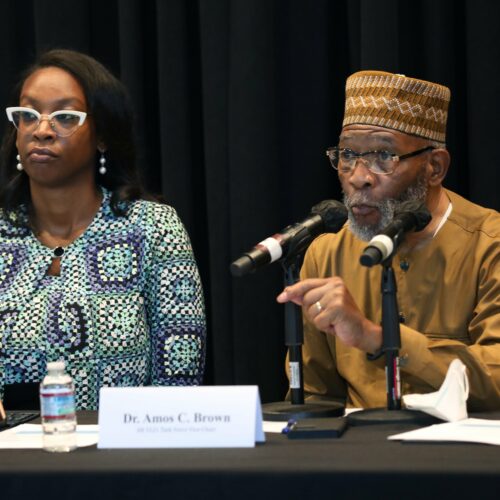After lengthy and heated oral arguments Monday, Supreme Court experts say the justices are likely to bar the use of affirmative action in college admissions.
“This proved to be a full-contact oral argument for both the advocates and the justices,” said Georgetown University law professor and Fox News contributor Jonathan Turley. “The challengers clearly had a better day before the court.”
The court heard two similar cases on the use of race in college admissions at Harvard University and the University of North Carolina in a nearly five-hour session. An activist group called Students for Fair Admissions brought both cases, and seemed to have more justices on its side.
“Chief Justice Roberts at points appeared to be losing his patience with Harvard’s counsel Seth Waxman due to his combative style in oral argument,” Turley added in an interview with Fox News Digital. “Waxman spoke over a number of justices who asked questions and did not appear responsive to direct questions from justices.”
AFFIRMATIVE ACTION CASE: JUSTICES ALITO, ROBERTS SNAP AT HARVARD LAWYER
Chief Justice John Roberts threw a “haymaker” at Harvard lawyer Seth Waxman Monday, Jonathan Turley said.
(Julia Nikhinson-Pool/Getty Images)
In perhaps the most telling moments of the arguments, Harvard attorney Seth Waxman got into testy exchanges with Justice Samuel Alito and Chief Justice John Roberts in the span of a couple of minutes.
Alito pressed Waxman on why it is that Asian American students regularly receive lower personal scores on their applications than other races. Waxman talked around the justice’s questions, causing Alito to get frustrated with the lawyer.
“I still haven’t heard any explanation for the disparity between the personal scores that are given to Asians,” Alito said.
Waxman then got into a tense back-and-forth with Roberts. The justice asked why Waxman was downplaying race as a factor in admissions decisions, when according to Roberts it must have some impact, or else it would not be included.
KETANJI BROWN JACKSON CLASHES WITH ANTI-AFFIRMATIVE ACTION LAWYER DURING SUPREME COURT ARGUMENTS
Waxman admitted race was decisive “for some highly qualified applicants,” just like “being… an oboe player in a year in which the Harvard-Radcliffe Orchestra needs an oboe player.”
“We did not fight a civil war about oboe players,” Roberts shot back. “We did fight a civil war to eliminate racial discrimination.”
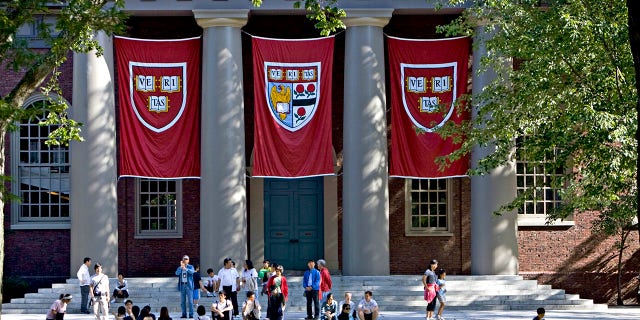
Harvard lawyer Seth Waxman’s “combative” style of oral arguments appeared frustrate some justices.
(Photo by Michael Fein/Bloomberg via Getty Images)
Turley called that moment, “the haymaker of the argument.”
“With that frustrated retort to an attempt by Harvard’s lawyer to justify using race in higher-education admissions, Chief Justice Roberts illuminated the disingenuous paradoxes at the heart of affirmative action,” Manhattan Institute director of constitutional studies Ilya Shapiro also told Fox News Digital.
“On one hand, race is only one of many factors that colleges consider under a ‘holistic’ approach—and never determinative (except in cases as rare as the orchestra’s need for an oboe player),” Shapiro added. “On the other, if race can’t be used, the number of black students would plummet.”
JUSTICES HEAR ARGUMENTS OVER AFFIRMATIVE ACTION IN HARVARD, UNC SUPREME COURT CASES
“Thankfully, Chief Justice Roberts appears to be the deciding vote in these cases, and he’s on the side of legal equality rather than nebulous considerations of ‘equity’ and divisive racial spoils,” Shapiro added. “Come June, the Court will help promote national unity and equal opportunity against the racialist balkanizers.”
Judicial Crisis Network President Carrie Severino also said she hopes the court will block future uses of affirmative action.
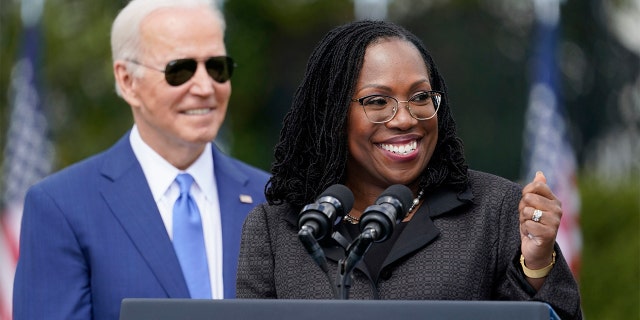
Fox News contributor Jonathan Turley said Justices Ketanji Brown Jackson and Sonia Sotomayor were “seemed indistinguishable from the advocates” in the Supreme Court Monday.
(AP Photo/Andrew Harnik)
“The use of racial preferences in education has been an unsuccessful experiment for 44 years,” Severino said. “The Court’s argument [Monday] showed that it is high time to return to the constitutional norm of color blindness.”
Turley said the 6-3 majority of conservative justices on the court makes it appear much more likely that the court will issue a decisive ruling for Students for Fair Admissions. One of their members could side with the liberal justices or write a separate concurring opinion, and there would still be a majority against affirmative action.
CLICK HERE TO GET THE FOX NEWS APP
Justice Clarence Thomas was perhaps the farthest to the right in his examination of the universities’ lawyers, Turley also noted, often questioning the value of diversity in education in the first place. Meanwhile, the liberal justices appeared to be firmly on the side of keeping affirmative action.
Justices Sonia Sotomayor and Ketanji Brown Jackson, Turley said, “seemed indistinguishable from the advocates.”
“They would often interject affirmative statements in favor of the use of race as a criterion,” Turley added.
The cases are likely to be decided by the end of the court’s current term in late June or early July 2023. Jackson, who was a member of the Harvard Board of Overseers before her appointment to the court, recused herself from the Harvard case.


